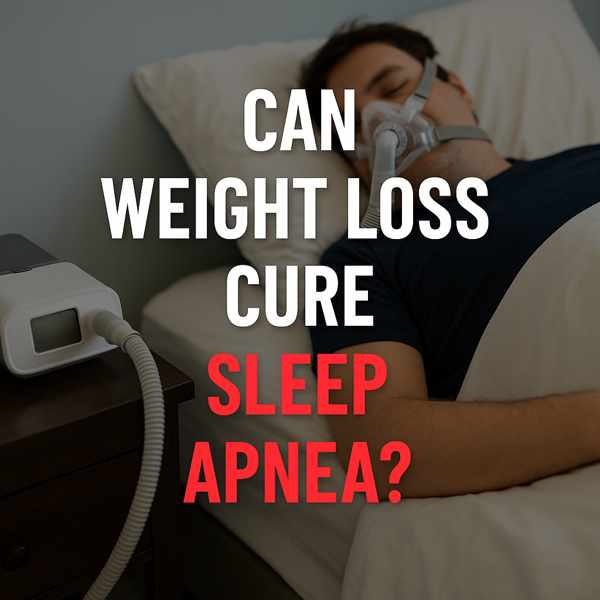
One of the most discussed connections to sleep apnea is excess weight — leading many to ask: can weight loss cure sleep apnea?
While not always a complete cure, weight loss often reduces the severity of sleep apnea significantly.
What Is Sleep Apnea?
Sleep apnea occurs when breathing repeatedly stops and starts during sleep.
Common symptoms include:
- Often reported by sleep partners
- Interrupted breathing patterns
- Difficulty staying alert during the day
- Morning headaches or dry mouth
How Obesity Impacts Breathing
Carrying extra weight, especially around the neck and upper body, can put pressure on the airway during sleep.
Key risk factors include:
- High BMI (Body Mass Index)
- Narrows the airway path
- Can contribute to airway collapse
Does Losing Weight Help OSA?
Especially in individuals with mild to moderate OSA, lifestyle changes can be very effective.
Possible benefits of weight loss:
- Less airway obstruction
- Reduced risk of waking up during sleep
- More natural treatment options
- Improved sleep quality and energy
However, weight loss may not cure sleep apnea in all cases — especially if anatomical issues or severe OSA are present.
Realistic Expectations
Even modest weight loss can have a sleep apnea bmi chart big impact.
Tips:
- Start with small, achievable goals
- Sustainable changes make a difference
- Track your sleep changes
Natural Weight Loss Tips for Better Sleep
Effective strategies:
- Eat a balanced, whole-food diet
- Boosts metabolism and burns fat
- Helps open up the airway naturally
- Avoid alcohol and sedatives
Working with a nutritionist or sleep specialist can provide more personalized support.
Other Treatments Besides Weight Loss
While weight loss is helpful, it may not fully resolve sleep apnea for everyone.
- CPAP therapy (Continuous Positive Airway Pressure)
- Custom-fitted mouthpieces to reposition jaw and tongue
- To remove excess tissue or reposition structures
Is Weight Loss the Answer?
So, can weight loss cure sleep apnea? In many cases, it can help manage the condition.
Still, sleep apnea is a medical condition that may require combined treatments.